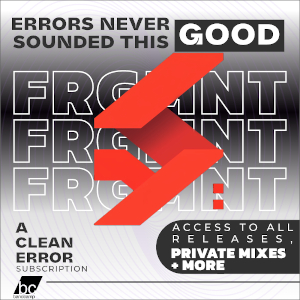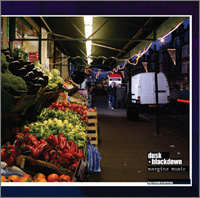
(09.01.08) Dubstep has lately been viewable in terms of two broad vectors, one being a wobble-bass dominated sound suspended between digi-dub’s spatial headnod plod and 2-step kinetics, the other a Berlin/Bristol post-dub-techno derivative. Dusk + Blackdown’s Margin’s Music (hereinafter D+B and MM), however, offers something of a new spin on the old ceremony. It’s a concept album – that once derided concept, one largely stigmatised back in the fog of prog excess. But Blackdown being Martin Clark, something exploratory was bound to come from this sometime music journo who has for some time been bringing UK Dubstep to the world via periodical Pitchfork-ings. Now he and sidekick, Dan Frampton (Dusk), propose instead to bring the World to UK Dubstep in the shape of MM. D+B are less ‘musicians’ than audio-documentarists, whose subject is not so much the darkness at the edge of town as the sounds and atmospheres emanating from the nocturnal hum of the City. Their chronicles of the outer limits of London are scented with fragrances of Orientalism, not so much Said as done in a music of migration with accents of vagrancy. Like Mecca-nik dancers in some bazaar, they paint the metropolis as cosmopolis, in shades of English hip-hop, Desi beats, a barrage of garage and grime time with Bollywood babble on.
Departure point is the Limehouse district, as “Darker than East” initiates and “Con/Fusion” takes us on. It’s a familiar Skream-meets-Cyrus blank-beat, a half-step plod, but within lie layers of drifting textures and alien atmosphere, like a neo-realist Blade Runner remake. “Lata VIP” finds us still down in the Asian underground, before “Kuri Pataka (The Firecracker Girl)” banishes the sullenness of the opening tracks to reach out and grab. Taken as a typical exponent of the concept’s audiversity, though, it’s no massive leap forward from the mid-90s world-techno fusion of Transglobal Underground’s Dream of 100 Nations to the sub-low sound of the suburbs presented on MM. True, D+B weave something more ‘street,’ more serious, but the sound is still a variant on TGU’s sampladelic magic carpet, simply exchanging the techno-breakbeat-hiphop beat-plan for 2-step breaks and half-step skank. Similarly both effective and Emperor’s New Clothes-sporting is the sub-continental vocalising, sub-bass and Bollywood string-spiral illuminating the Bhangra dhol-drums of “Rolling Raj Deep.” These are nevertheless musically successful early highlights. Trouble starts around halfway house, particularly for those not enamored of the self-absorbed brag’n’bluster of MC culture. Having barely negotiated the Grime-y ‘burb-babble of Durrty Goods on “Concrete Streets,” things take a worse turn with “The Bits (feat. Trim).” The tedious Trim’s on-the-mike banter is a post-Me-Generation whine – a lament of late London beat poetry with poetry errant: “I didn’t grow up with you, we didn’t go to the same nursery, I ain’t got no love for you, you weren’t there when I was thirteen,” he blathers, blackly down. It may be good psychological background from Trim for the Crim thread of the narrative, but the effect is to lose the momentum from the more compelling craft of earlier. More successful, both musically and conceptually, are tracks like “dis/East” – a heady hybrid of glassine glurpiness layered over intricate rhythms that then ducks down into the underbelly of the Turkish/Kurdish quarters on “This Is London,” a low-slung den of unsalubrious beckonings. With “Iqbal’s Groove” and “The Drumz of Nagano”, these form a combination of hometown exotica full of neo-turntablist textures and percussive clatter flickering around a subloaded bass/base that rescue the album from its middling midden. The final “Focus” takes a walk on the safe side; more sleek and synthetic, like a kind of retro-futurist vision of urban renewal, it seems to herald a journey’s end of something like hope. A marginal triumph.
Margin’s Music is out now on Keysound. [Purchase]







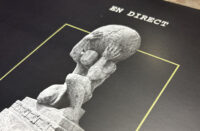


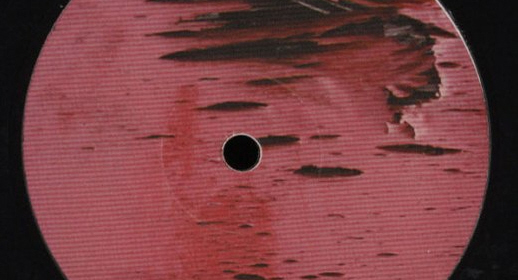
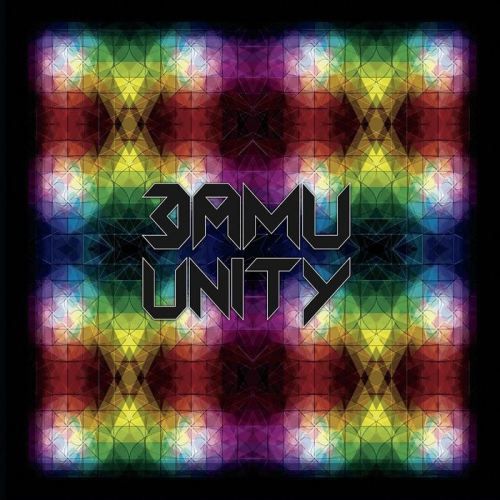


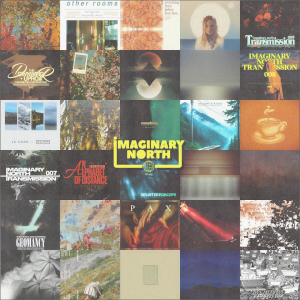







![Romanowitch :: A critical season substitute (glitch.cool) — [concise]](https://igloomag.com/wp/wp-content/uploads/2025/03/romanowitch-a-critical-season-substitute_tape_feat-75x75.jpg)

